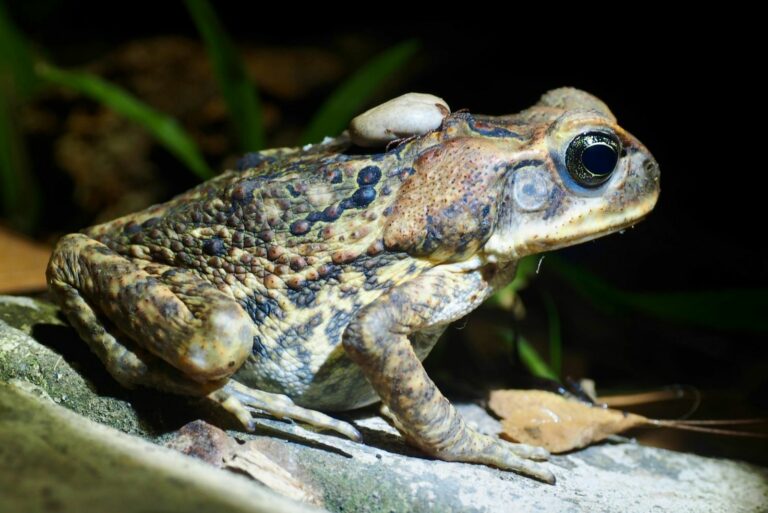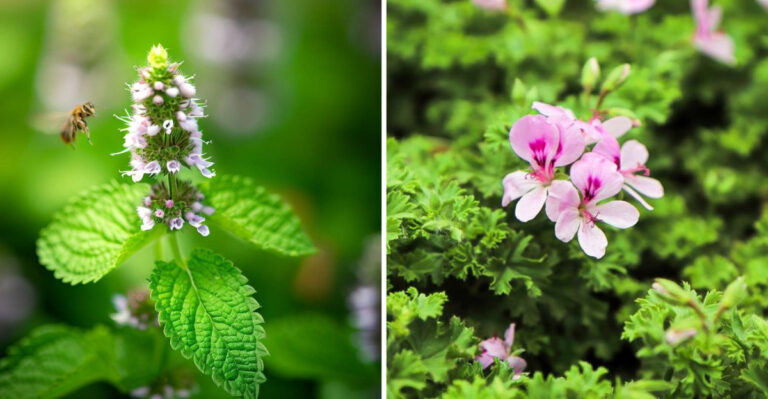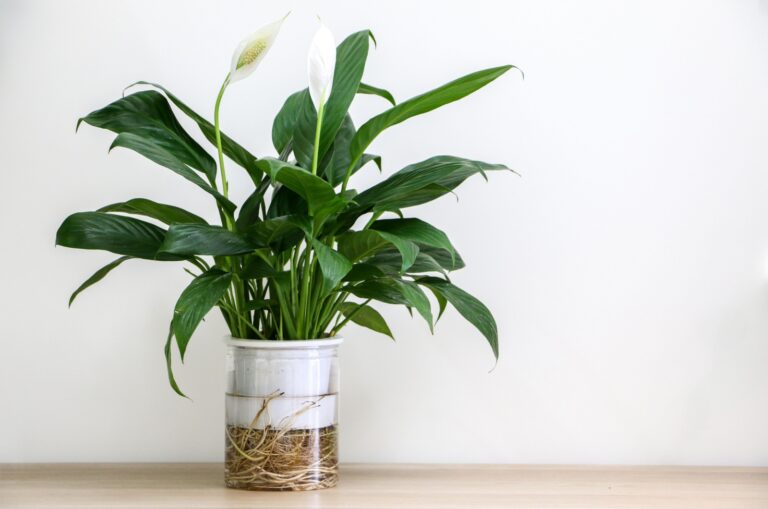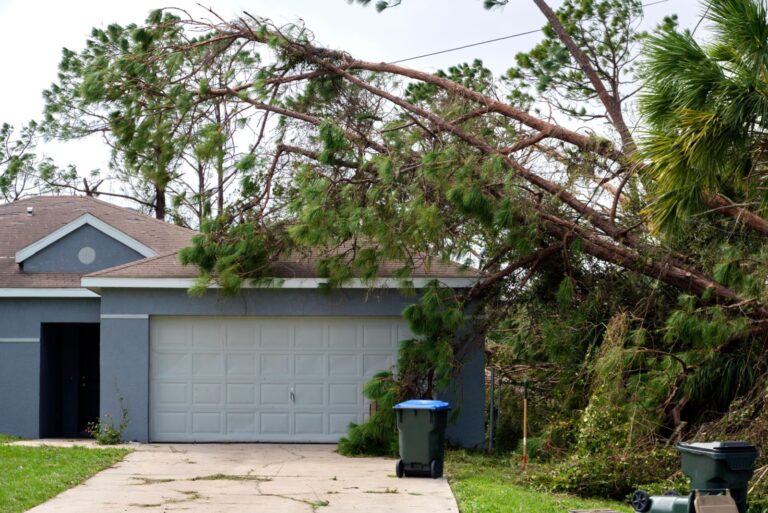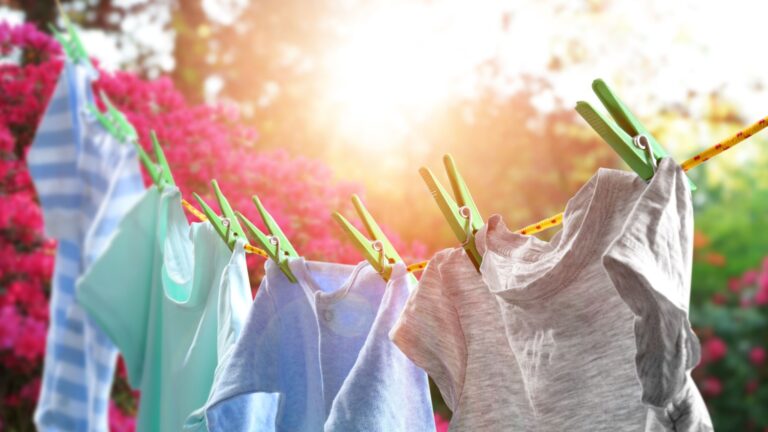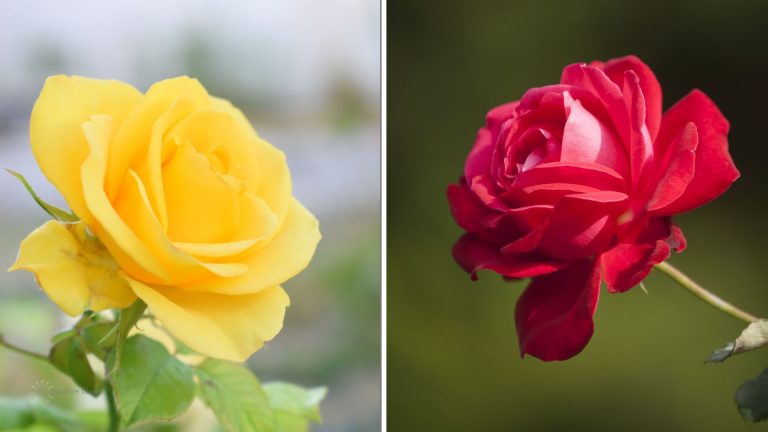Are Nevada Homeowners Responsible For Leaves From A Neighbor’s Tree
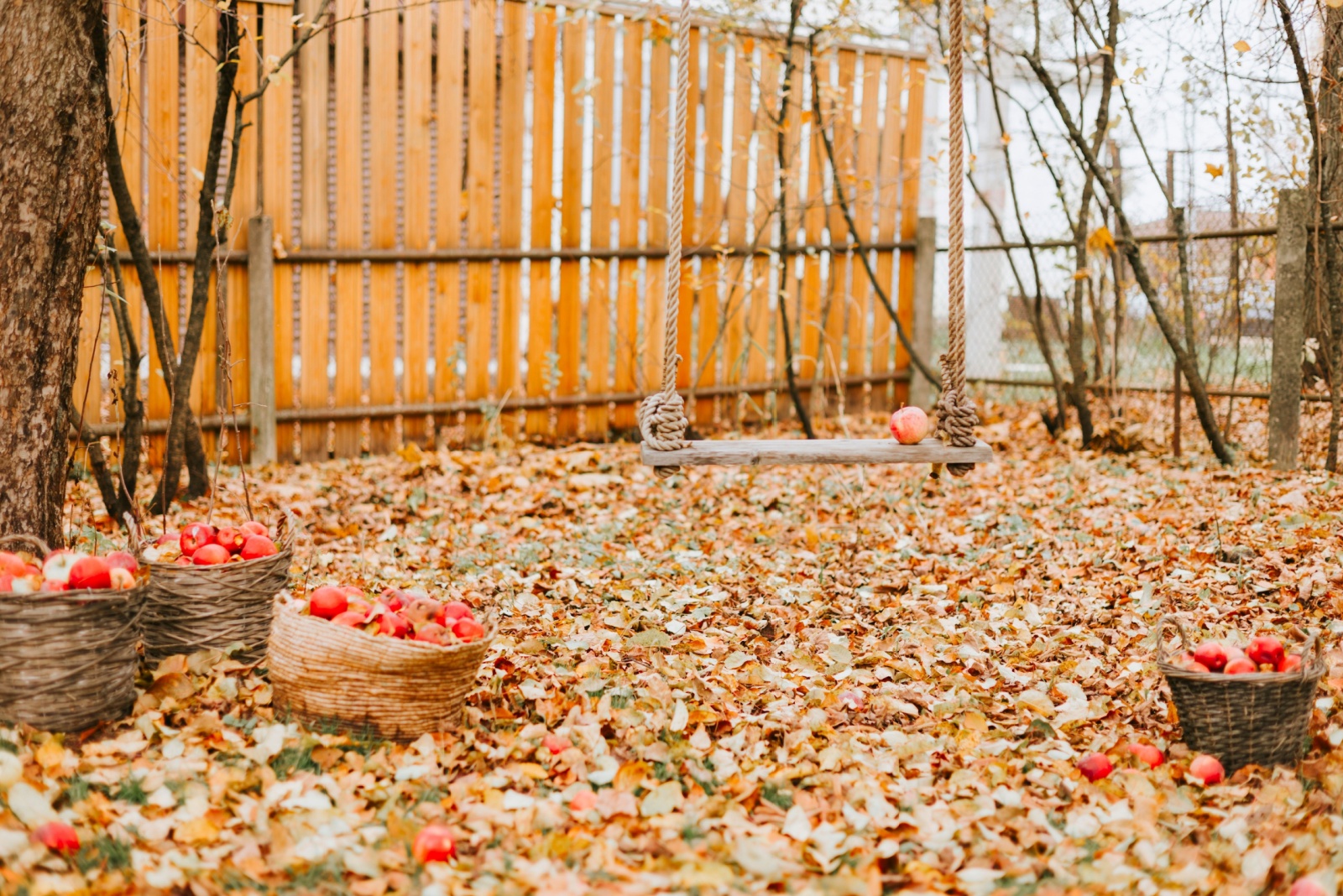
Fall winds in Nevada send leaves spinning across fences, patios, and driveways, and they rarely stop at the property where they started. That scatter can spark quick tension between neighbors once cleanup begins.
The real answer to who handles the mess depends on simple rules, not where the leaves finally land. A little clarity goes a long way in keeping these seasonal disputes from blowing up.
1. Property Line Rules Matter Most
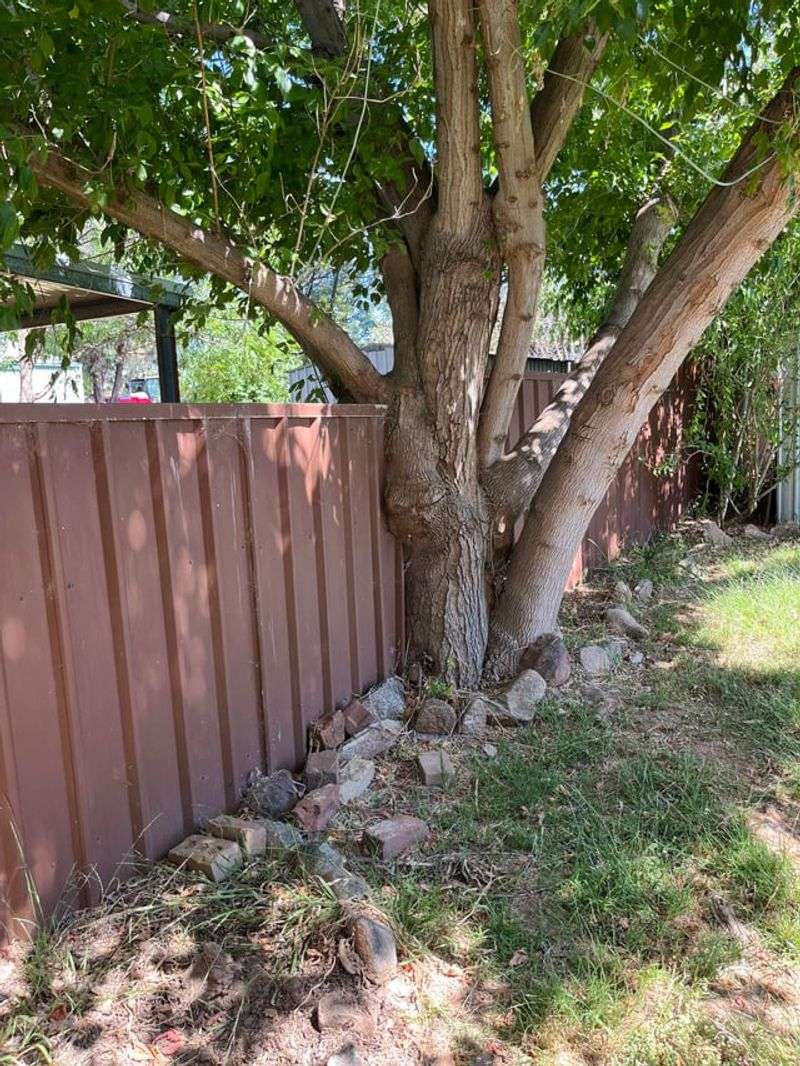
Nevada law follows a simple principle when it comes to falling leaves. Property owners must maintain their own yards, even when debris comes from a neighbor’s tree.
The location of the tree trunk determines ownership, not where the branches hang. If the trunk sits entirely on your neighbor’s land, the tree belongs to them, but you’re still responsible for cleaning leaves that fall into your yard.
Think of it like rain—nobody controls where it falls, but everyone cleans their own property.
2. Overhanging Branches Create Special Rights
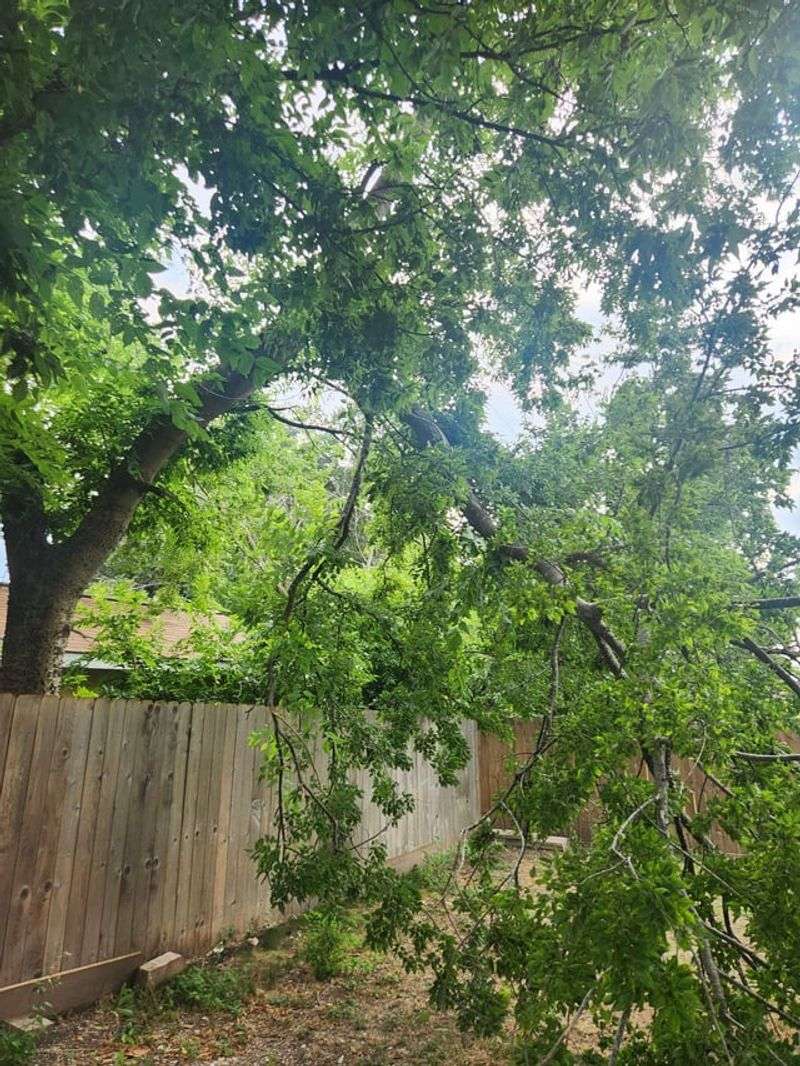
Your neighbor’s tree branches hanging over your fence give you specific legal options. Nevada homeowners can trim branches that cross onto their property, as long as they don’t damage the tree’s health.
You must stay on your side of the property line while cutting, and you cannot enter your neighbor’s yard without permission. The trimmed branches and leaves become your responsibility to dispose of properly.
Always consider talking to your neighbor first before cutting anything to maintain good relationships.
3. Communication Prevents Most Conflicts
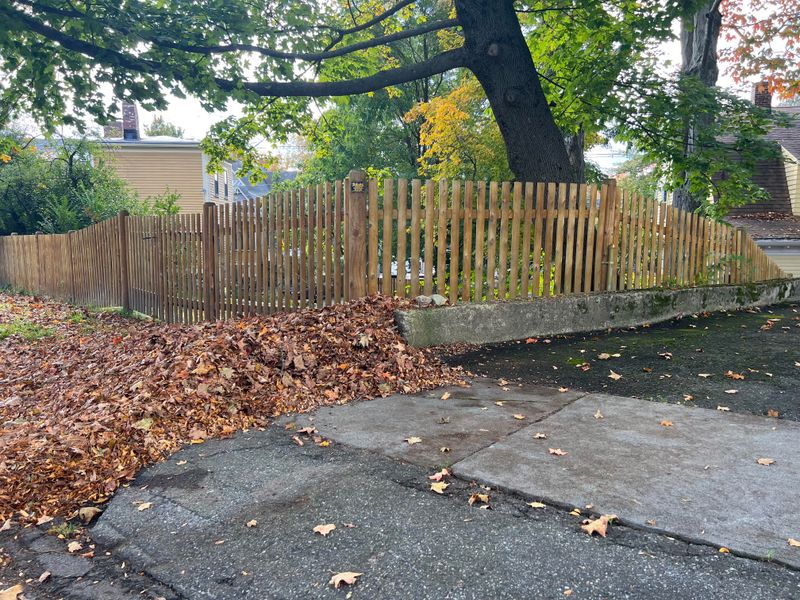
A friendly conversation often solves leaf problems faster than legal action. Many neighbors are willing to help rake or even share the cost of yard maintenance when asked politely.
Approach your neighbor with a calm attitude and explain your concerns about the extra leaves. Suggest solutions like splitting cleanup duties or trimming branches together.
Building positive relationships with neighbors creates a community where people help each other voluntarily, making everyone’s life easier and more pleasant.
4. Nevada Law Offers Limited Legal Options
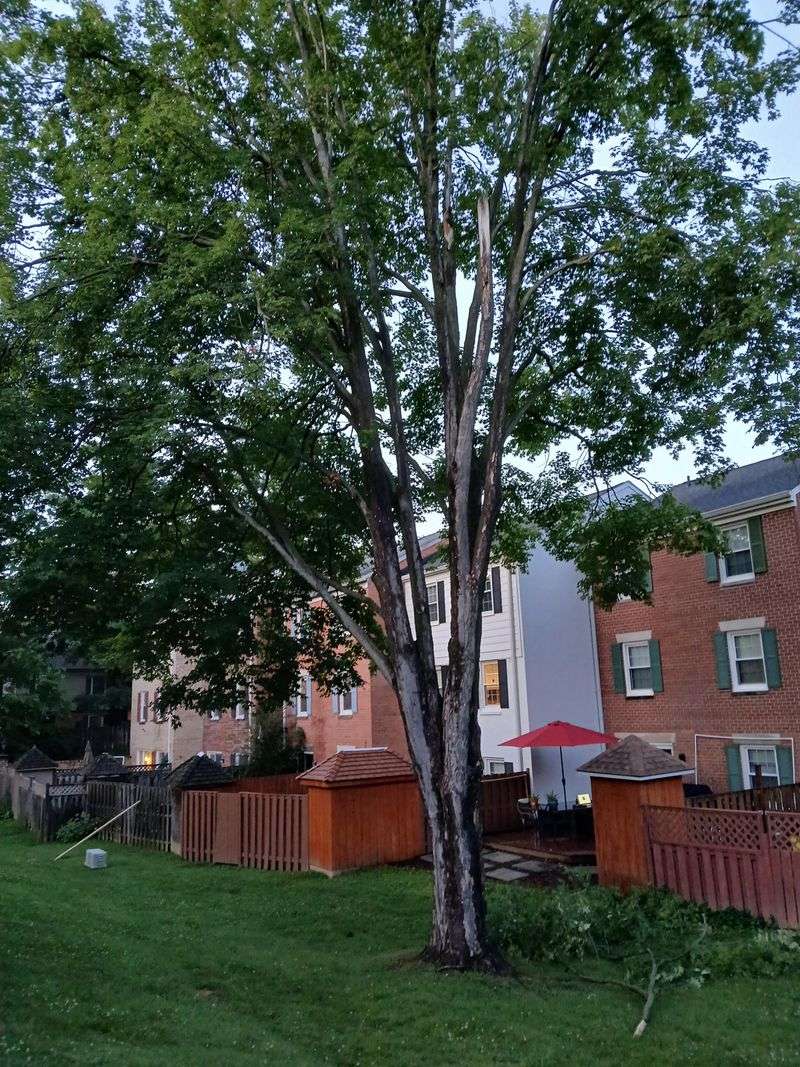
Courts rarely force neighbors to remove trees or pay for leaf cleanup in Nevada. Judges consider falling leaves a natural occurrence that doesn’t qualify as a legal nuisance in most situations.
You might have a case if leaves clog your gutters and cause actual property damage, but you’ll need clear evidence. Taking your neighbor to court should be your absolute last resort after all other solutions fail.
Legal battles cost money and damage neighborhood relationships permanently.
5. Prevention Strategies Save Time And Money
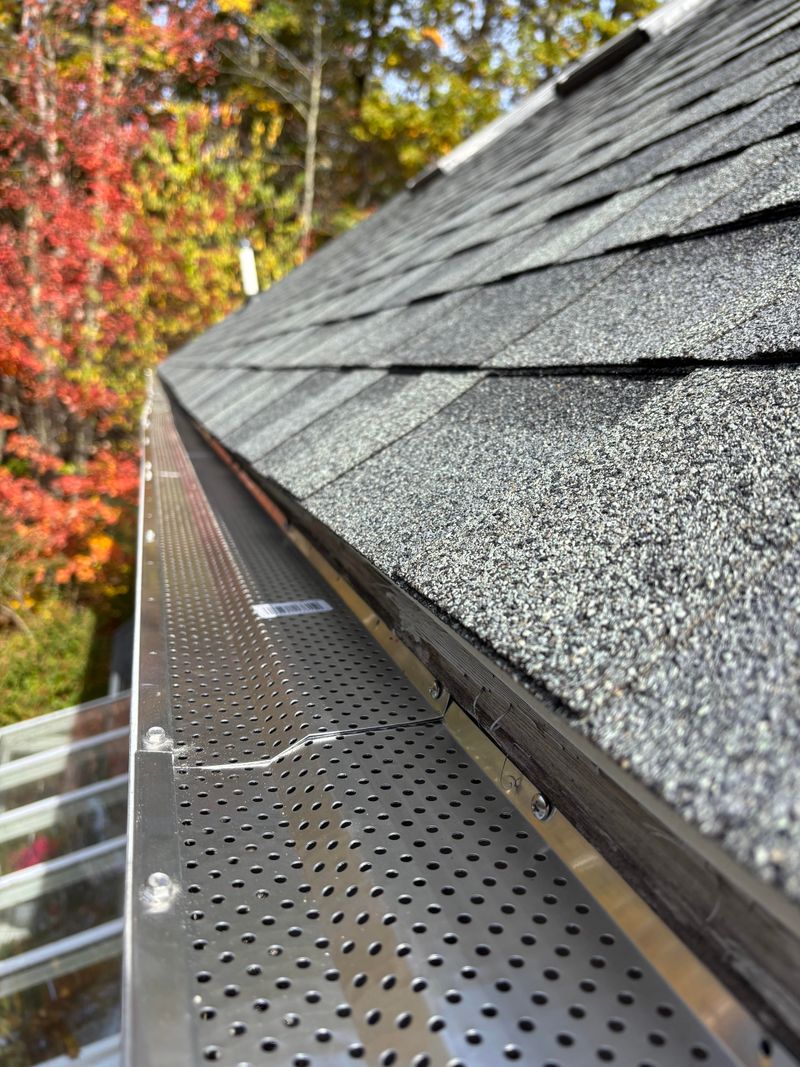
Smart homeowners install gutter guards and create leaf management plans before problems grow. Investing in a quality leaf blower or hiring seasonal help makes cleanup faster and less frustrating.
Planting shrubs or ground cover in problem areas can hide leaves until you have time to clean them. Some people choose to mulch leaves directly into their lawns, turning a problem into free fertilizer.
Planning ahead reduces stress and keeps your yard looking great year-round.
6. Homeowner Association Rules May Apply
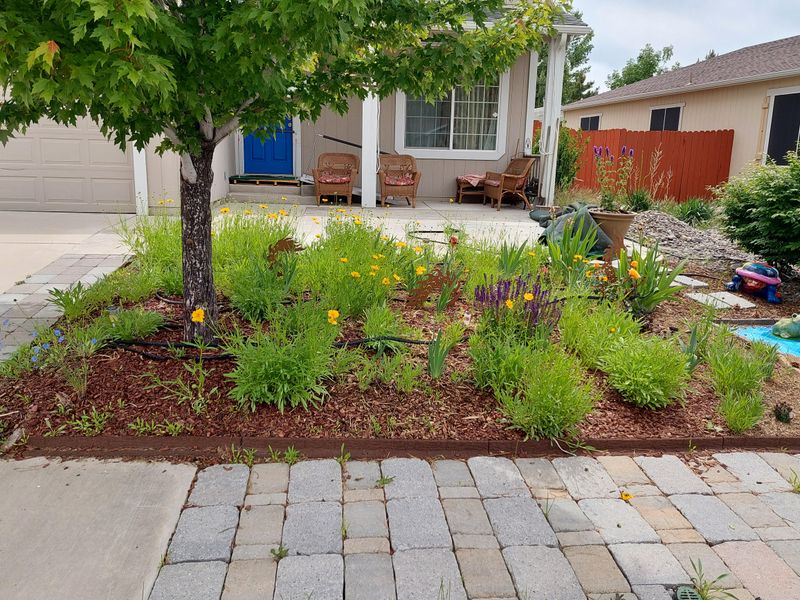
Many Nevada neighborhoods have homeowner associations with specific rules about yard maintenance and trees. Your HOA might require both neighbors to keep yards clean regardless of where leaves originate.
Check your community’s governing documents to understand what standards apply to your situation. Some associations fine homeowners for messy yards, while others offer mediation services for disputes.
Knowing your HOA rules helps you understand your obligations and available resources for resolving conflicts peacefully.

